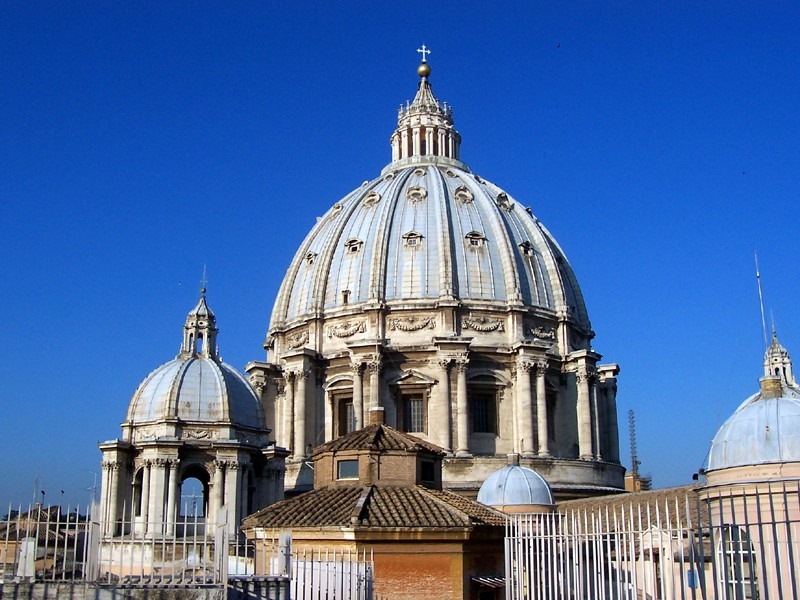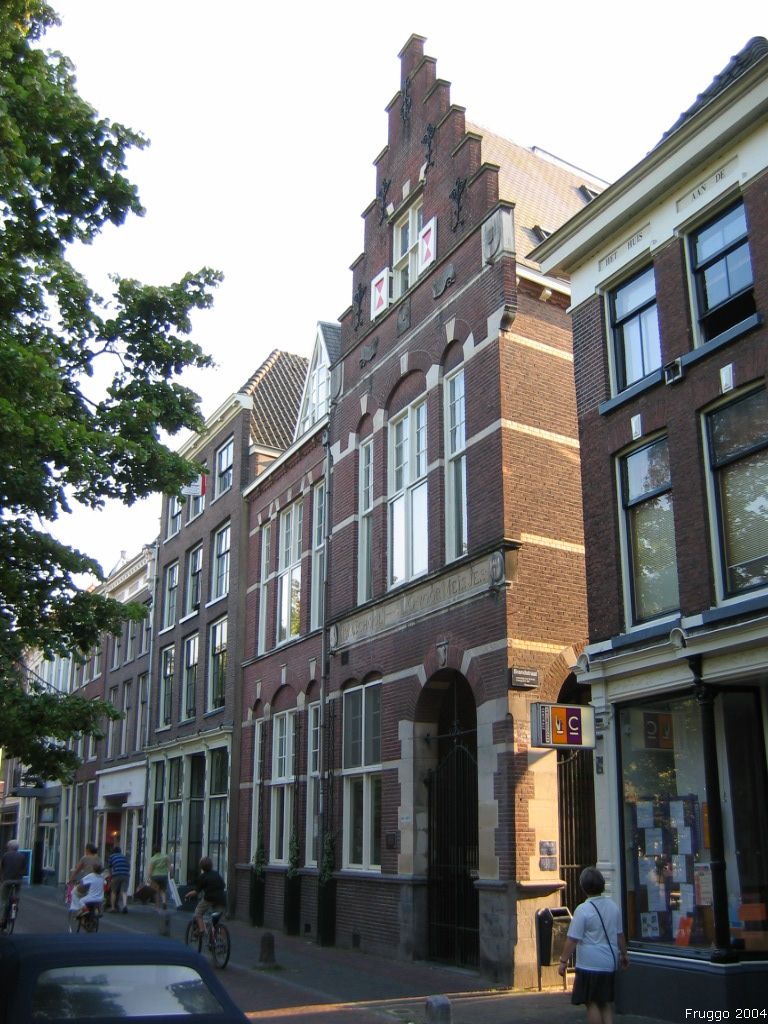Adrian VI, Pope, 1459-1523
Enlarge text Shrink text- Rodocanachi, E. P. Histoire de Rome ... 1933.
- Brodarics, I. De conflictu Hung. cum Soly. Turc. imp. ad mon. his. ver., 1985:t.p. (Adrianum VI)
Pope Adrian VI (Latin: Hadrianus VI; Italian: Adriano VI; German: Hadrian VI.; Dutch: Adrianus/Adriaan VI), born Adriaan Florensz Boeyens (2 March 1459 – 14 September 1523), was head of the Catholic Church and ruler of the Papal States from 9 January 1522 until his death on 14 September 1523. The only Dutchman to become pope, he was the last non-Italian pope until the Polish John Paul II 455 years later. Born in the Episcopal principality of Utrecht of the Holy Roman Empire of the German Nation, Adrian studied at the University of Leuven in the Low Countries, where he rose to the position of professor of theology, also serving as its rector (the equivalent of president or vice-chancellor). In 1507, he became the tutor of the future Charles V, Holy Roman Emperor, who later trusted him as both his emissary and his regent. In 1516, Charles, now King of Castile and Aragon, appointed Adrian bishop of Tortosa, Spain, and soon thereafter Grand Inquisitor of the kingdoms of Aragon and Castile. Pope Leo X made him a cardinal in 1517 and after Leo's death he was elected pope in 1522 as a compromise candidate. Adrian came to the papacy in the midst of one of its greatest crises, threatened not only by Lutheranism to the north but also by the advance of the Ottoman Turks to the east. He refused to compromise with Lutheranism theologically, demanding Luther's condemnation as a heretic. However, he is noted for having attempted to reform the Catholic Church administration in response to the Protestant Reformation. Adrian's admission that the Roman Curia itself was at fault for the turmoil in the Church was read at the 1522–1523 Diet of Nuremberg. His efforts at reform proved fruitless, as they were resisted by most of his contemporaries, and he did not live long enough to see his efforts through to their conclusion. He was succeeded by the second Medici pope, Clement VII. Adrian VI and Marcellus II are the only popes of the modern era to retain their baptismal names after their election. Adrian VI is the last pope to date to take on the pontifical name "Adrian".
Read more on Wikipedia >
 Personality
Personality


.jpg)




